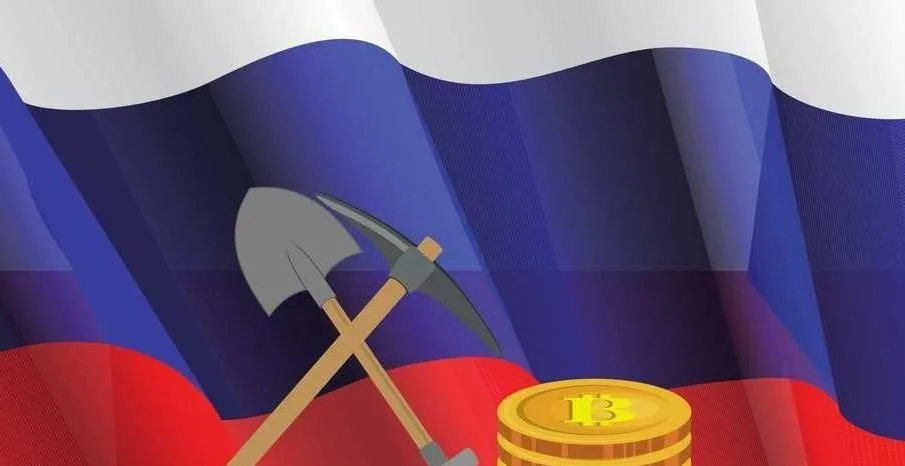
On November 15, 2024, the Russian government approved amendments to the mining bill, officially recognizing digital currencies as property for taxation purposes. These changes introduce a structured framework for taxing cryptocurrency-related income and operations.
Taxation of Mining Income
Income earned through cryptocurrency mining will now be assessed based on the market value of the assets at the time of receipt. Businesses will also be allowed to reduce their taxable base by deducting mining-related expenses.
“After discussions with businesses, it was decided to tax the financial result of mining activities, which more fairly reflects the outcomes of this activity. This approach aims to balance the interests of businesses and the state,” the press release stated.
No VAT on Crypto Transactions
Cryptocurrency transactions will not be subject to VAT. Income from such transactions will be included in the same tax base as income from securities trading.
“Mining infrastructure operators will be required to report information on individuals mining cryptocurrencies using their infrastructure to tax authorities,” the statement added.
Personal Income Tax (NDFL) and New Requirements for Mining Operators
The maximum personal income tax (NDFL) rate for cryptocurrency income will not exceed 15%. Additionally, mining operators must report details about individuals utilizing their infrastructure for mining to tax authorities.
Legislative Changes and Future Regulation
As of November 1, 2024, a mandatory register of miners has been implemented in Russia, part of the basic regulatory framework for cryptocurrency mining adopted in July. The amendments also grant the government authority to restrict mining in certain regions. The Russian Ministry of Energy has already identified regions where mining may be prohibited.
Moreover, energy consumption limits for individual miners have been established, reflecting a broader effort to regulate and optimize the cryptocurrency mining industry in the country.








 Cryptol – your source for the latest news on cryptocurrencies, information technology, and decentralized solutions. Stay informed about the latest trends in the digital world.
Cryptol – your source for the latest news on cryptocurrencies, information technology, and decentralized solutions. Stay informed about the latest trends in the digital world.